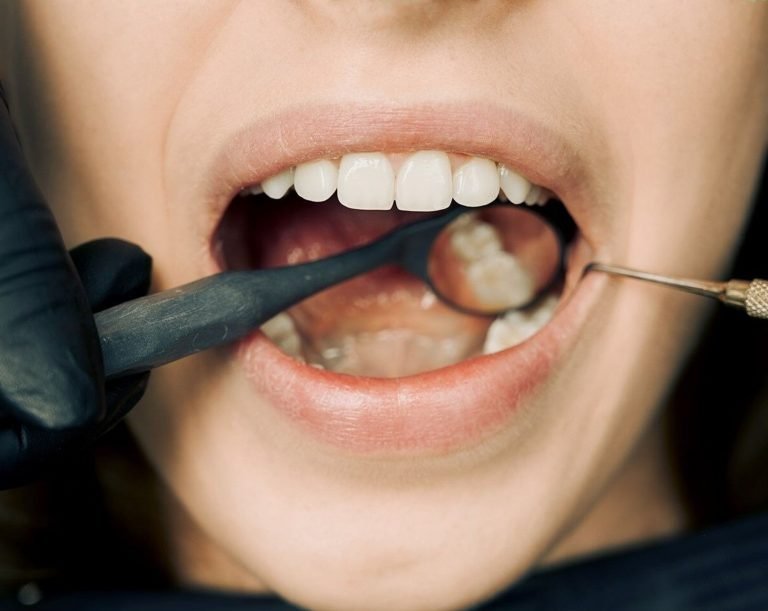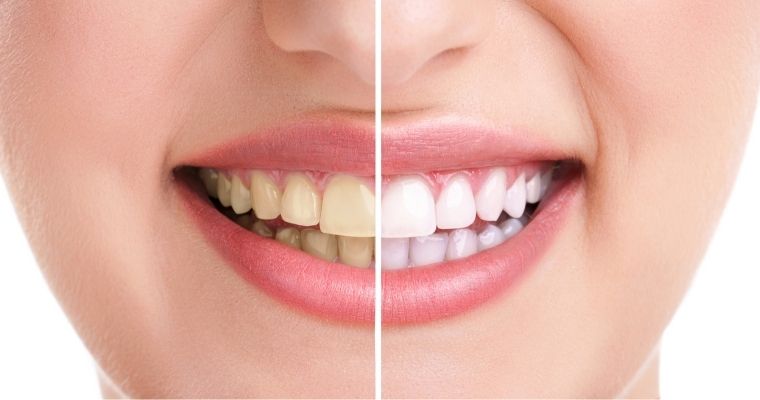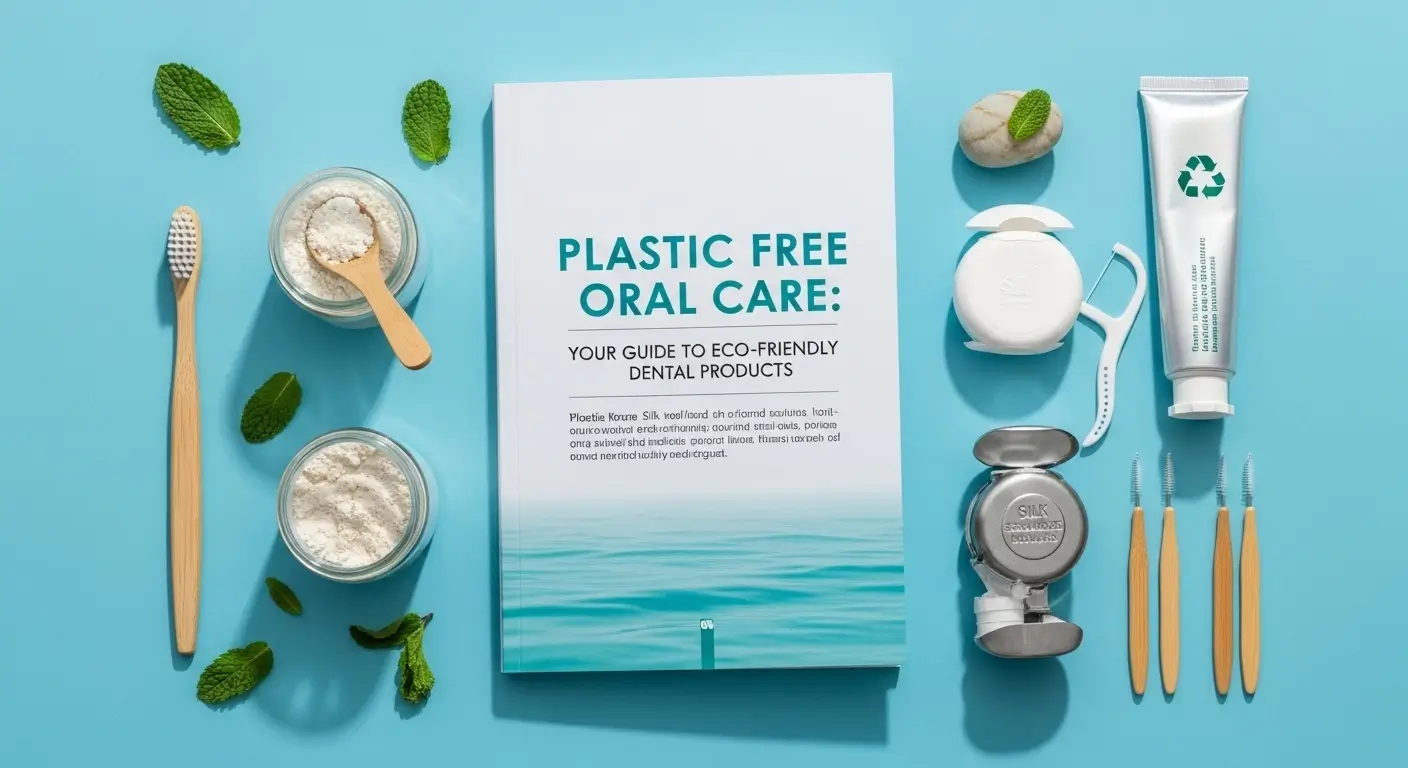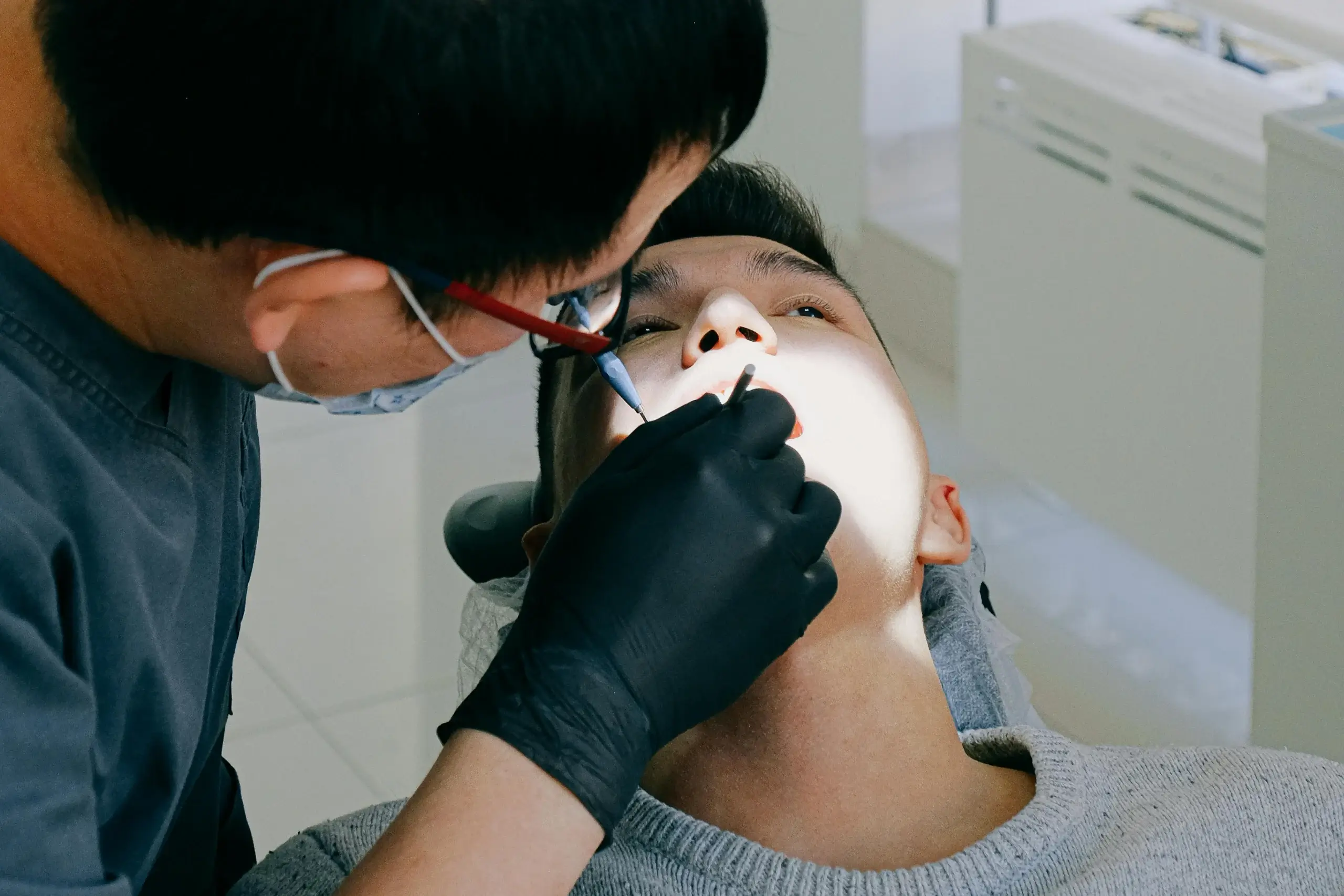Your cart is currently empty!
Oral Health: The Key to Your Overall Well-Being
Your oral health plays a bigger role in your life than you might think. The condition of your teeth, gums, and mouth can directly influence your overall health and even provide early signs of potential health problems. By understanding this connection, you can protect both your smile and your general well-being. The Connection Between Oral…

Your oral health plays a bigger role in your life than you might think. The condition of your teeth, gums, and mouth can directly influence your overall health and even provide early signs of potential health problems. By understanding this connection, you can protect both your smile and your general well-being.
The Connection Between Oral Health and General Health
Your mouth is full of bacteria, most of which are harmless. However, since it serves as the entry point to your digestive and respiratory systems, harmful bacteria can sometimes spread and cause diseases in other parts of the body.
Normally, the body’s natural defenses and good oral hygiene keep these bacteria under control. Brushing and flossing daily are essential habits to reduce the risk of infections such as tooth decay and gum disease. Without proper care, bacteria levels rise, which can damage not only your oral health but also affect your entire body.
Certain medications, including antidepressants, pain relievers, decongestants, and water pills, can reduce saliva flow. Saliva plays a critical role in washing away food particles and balancing acids in the mouth, helping to prevent bacterial growth and disease. When saliva is reduced, the risk of oral health issues increases.
Oral bacteria and gum inflammation, known as periodontitis, are linked to several systemic conditions. Additionally, diseases like diabetes and HIV/AIDS weaken the immune system, making it harder for the body to fight infections and worsening oral health problems.
Health Conditions Linked to Oral Health
Poor oral health has been connected to several serious health conditions, including:
Endocarditis
A rare but potentially life-threatening infection of the heart’s inner lining, often caused when bacteria from the mouth travel through the bloodstream and attach to the heart.
Cardiovascular Disease
Research suggests that oral inflammation and infections may be associated with clogged arteries, heart disease, and stroke.
Pregnancy Complications
Severe gum disease has been linked to premature births and low birth weights.
Respiratory Infections
Bacteria from the mouth can reach the lungs, potentially causing pneumonia and other respiratory illnesses.
Medical Conditions That Affect Oral Health
Certain health issues also make individuals more prone to oral diseases:
Diabetes
Diabetes weakens the body’s ability to fight infections, increasing the risk of gum disease. Studies show that gum disease can make blood sugar harder to control, while regular dental care helps improve diabetes management.
HIV/AIDS
People with HIV/AIDS often suffer from painful oral lesions and other dental problems.
Cancer
Research indicates that gum disease may be linked to several cancers, including cancers of the mouth, lungs, gastrointestinal tract, breast, prostate, and uterus.
Alzheimer’s Disease
As Alzheimer’s progresses, oral health usually declines due to reduced ability to maintain hygiene.
Other conditions, such as rheumatoid arthritis, eating disorders, and Sjogren’s syndrome (which causes dry mouth), are also closely associated with poor oral health.
How to Protect Your Oral Health
Maintaining good oral hygiene is one of the best ways to protect your overall health. Follow these essential steps daily:
- Brush at least twice a day with a soft-bristled toothbrush and fluoride toothpaste for two minutes. Don’t forget to brush your tongue.
- Floss or use interdental cleaners once a day to remove plaque and food particles.
- Maintain a healthy diet and reduce sugary snacks and beverages.
- Replace your toothbrush every three to four months, or sooner if the bristles are worn.
- Visit your dentist at least once a year for checkups and professional cleaning. Your dentist may recommend more frequent visits depending on your oral condition.
- Avoid tobacco products to reduce the risk of gum disease, tooth loss, and oral cancers.
- Inform your dentist about any medications you take and any changes in your health, such as diabetes or other long-term conditions.
By taking care of your teeth and gums every day, you are not only protecting your smile but also supporting your overall health. Regular dental visits, combined with good hygiene habits, make a powerful difference in maintaining long-term wellness.








Leave a Reply